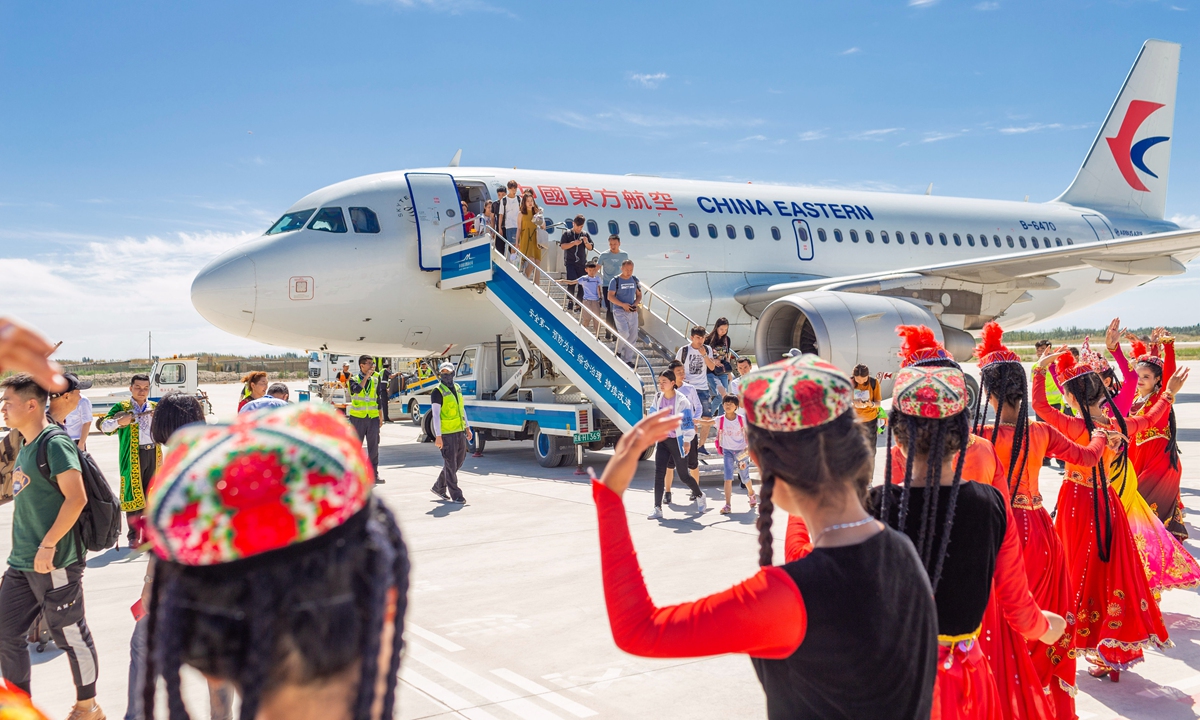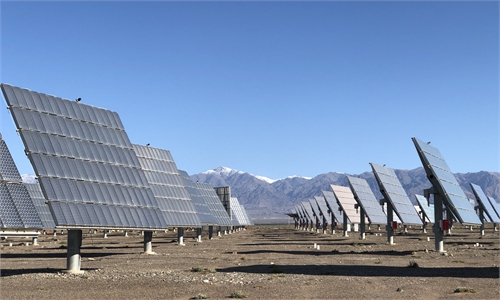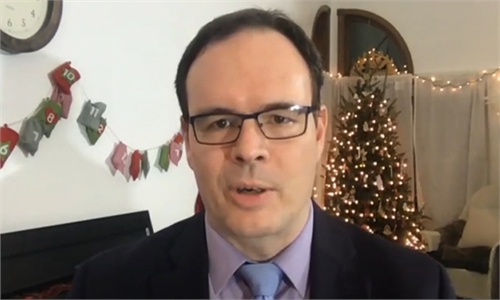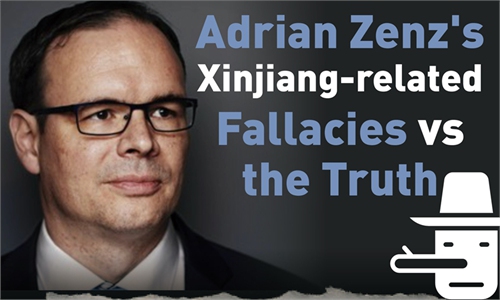New Zealand torn between Western allies, domestic interests in China stance: experts

People in Kuqa county in Xinjiang hold a warm welcome ceremony for tourists with singing and dancing on July 11, 2019. Photo: IC
New Zealand's back-and-forth attitude on whether to call China's Xinjiang policy "genocide" showed that it is struggling to act in line with its "Western identity" while carefully weighing its own interests with China, Chinese experts said.The New Zealand Parliament unanimously voted for a motion on Wednesday to express grave concern at "severe human rights abuses" against Uygurs in Northwest China's Xinjiang Uygur Autonomous Region, calling for the New Zealand government to work with international organizations and partners to end those abuses with all relevant instruments, according to the New Zealand Herald.
However, due to pressure from the Labour Party, the term "genocide" was removed before it was put forward, and some observers saw the subtle changing attitude as signaling much more independence in the country's China policy compared to Australia.
"We should not count on New Zealand to completely drop the Western-led rhetoric on the Xinjiang issue, given the mounting pressure from the US and other major powers. In addition to misleading storytelling about China's Xinjiang, New Zealand is more or less influenced by the overall environment," Chen Hong, a professor and director of the Australian Studies Center at the East China Normal University, told the Global Times on Thursday.
"Such independence has been driving it to strike a balance amid geopolitical wrestling, reflecting its more pragmatic attitude, as it knows where the bottom line is," Chen said.
Unlike its close neighbor Australia, which has taken a hysterically harsh stance toward China, New Zealand has also maintained a certain distance from Five Eyes by disagreeing over the role of the alliance. Its foreign minister, Nanaia Mahuta, expressed some concerns over whether the framework needs to be invoked every time on every issue, especially on human rights issues, according to media reports. Some reports also raised questions such as why New Zealand is not on the same page as its allies in confronting China.
"It's unlikely that New Zealand will take the same aggressive moves as Australia has, which could also be much smarter," Chen said.
The Chinese Embassy in New Zealand voiced opposition on Thursday to the motion by saying that despite the truth and facts in Xinjiang, the parliament made groundless accusations against China over human rights abuses and grossly interfered in China's internal affairs.




